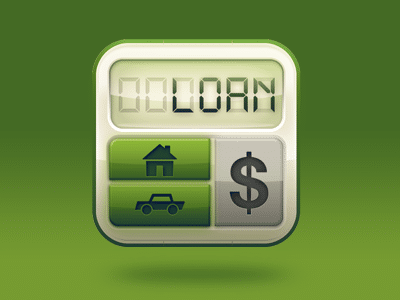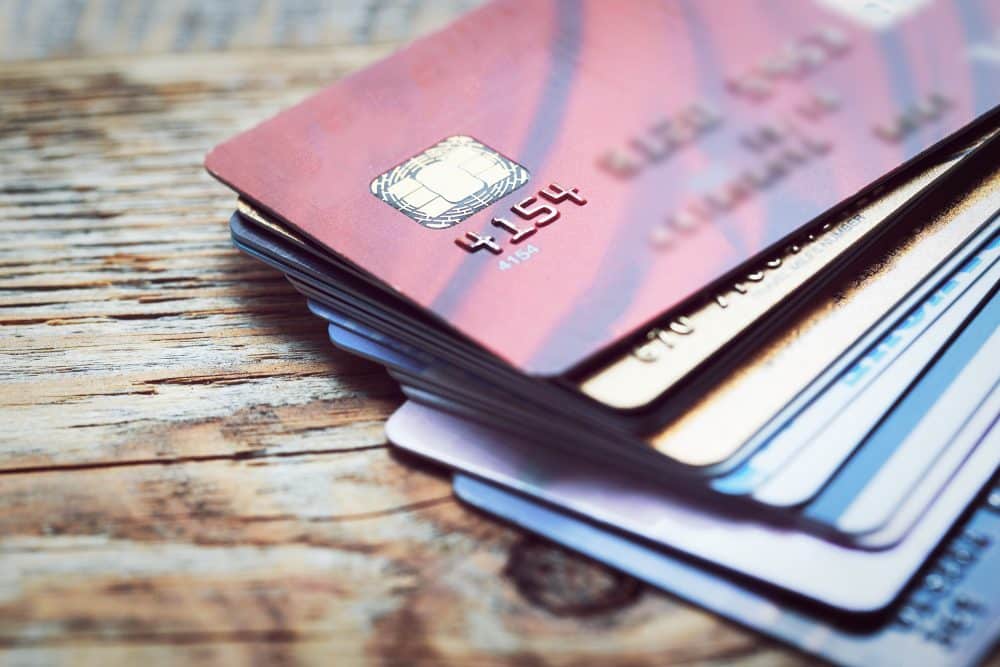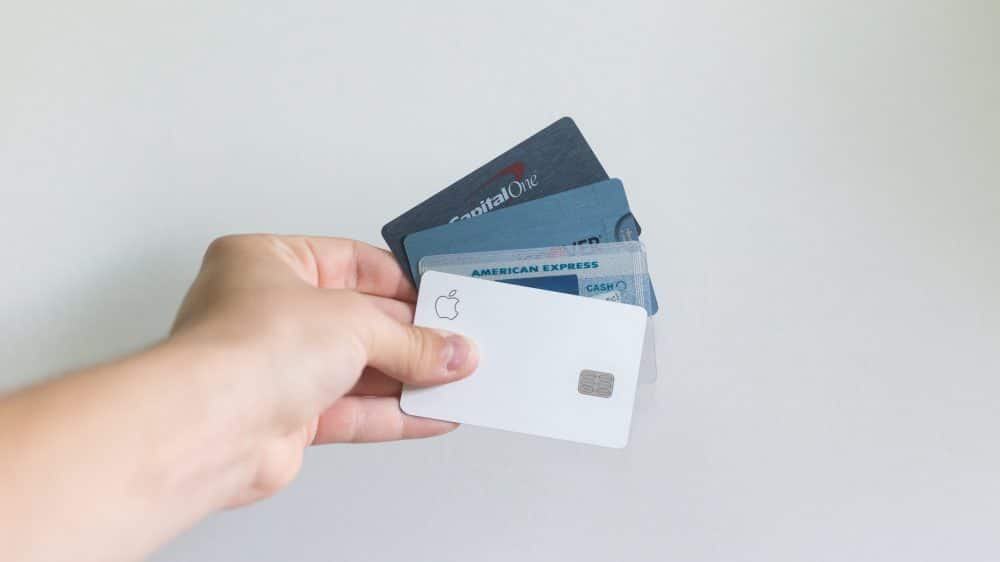
I got my first credit card in my early 20’s. It was a secured credit card through my bank. You see, I didn’t know what I needed to know about getting a credit card. I knew “paper or plastic” and how to spend that credit card, and I also wanted to build some credit. A friend mentioned how good Discover is so I applied, and was promptly denied. I was a bit outraged so what did I do? I marched on over to my bank and took whatever I could get. I later learned that this would turn out to be a positive event in my life.
When venturing into adulthood, getting your first credit card can seem like a rite of passage. This piece of plastic might be your first introduction into the adult world of financial obligations. It is also the start of your credit record which follows you, forever. Building credit history is a gradual process and should be taken seriously. Credit cards can help build your credit, but these shiny pieces of plastic shouldn’t be taken lightly. Educating yourself on how to manage credit cards will save you money and empower you to build a strong financial foundation.
1. Start at Your Bank
If you already have a checking or savings account, check with your bank about a credit card. Banks have a variety of credit account types for customers and are interested in keeping your business. You also have an established relationship with them and can attach other accounts to help you manage your first credit line responsibly.
2. Learn About Rates & Fees
There are a number of rates and fees associated with credit card accounts. The interest rate is the percentage that is added to your balance at the end of each billing cycle. Many cards offer a low or 0% introductory rate for a limited time. Common fees include activation, account set up, and monthly fees. These are charged to the account when it is first set up or on a monthly basis depending on the type. Avoid surprises on your statement by learning about the fees and rates before accepting an offer.
3. Research Offers
You will receive a plethora of credit card offers once you are eighteen years old. This is especially true of card companies that market to students. Ideally you want a combination of low interest rate, low or no fees, and the best cardholder benefits. The offers may seem easy to accept and very tempting but research them carefully. Once you know about the fees and rates you will be able to choose the first card that is best for you. Keep in mind that applying for and/or opening multiple credit accounts in a short period of time can negatively affect your overall credit score.
4. Secured Cards
When establishing credit history, cards that are secured are often easier to obtain. This is what I got. These cards require a minimum deposit (usually a couple hundred dollars) and use this amount to establish your credit limit. Once you have shown that you can manage your secured line of credit they can be converted to a traditional line and your deposited money returned to you. It took me about 2 years of being responsible before the switch happened. Check with them for details on their offers and conversion criteria and timelines.
5. Manage Wisely
Each credit card company will offer tools to manage your account. Find out about ways to track your balance, contact customer service, and only use cardholder benefits such as rewards once you have accepted an offer. Keeping your balance at a minimum and making payments on-time will help you build a solid credit history.
One last important thing to keep in mind is that once you open a credit card you’ve opened a line of credit that goes onto your credit report. You can’t reverse this. So keep these tips handy in your back pocket, and when you’re faced with opening a credit card you’ll know exactly what to do.
Featured Image by http://dribbble.com/Artua










